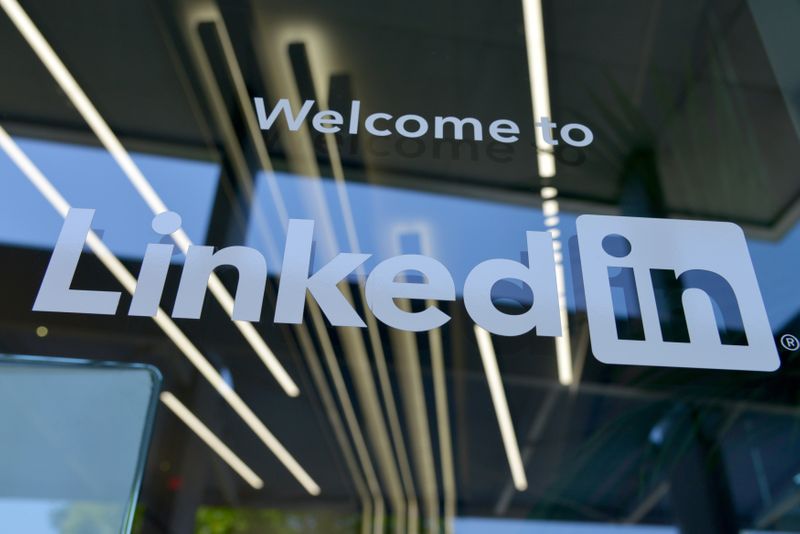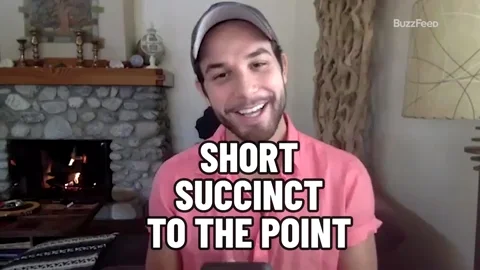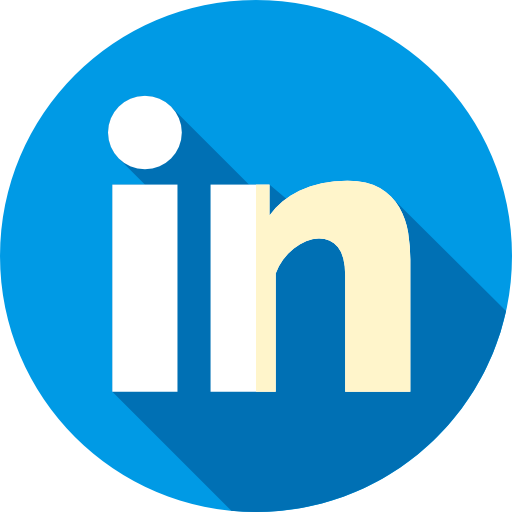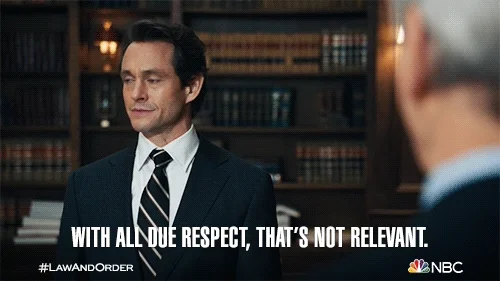LinkedIn is the world's largest professional network on the Internet, with more than 700 million members and growing. Think of it as a virtual resume that not only showcases your skills, but brings them to life through multimedia blog posts and endorsements.
LinkedIn isn't just about finding jobs. It's about crafting your personal brand to stand out in the competitive job market.
 Photo by Cytonn Photography on Unsplash
Photo by Cytonn Photography on UnsplashWhy LinkedIn?
Creating and maintaining an effective LinkedIn profile is invaluable for job hunting. More than 90% of recruiters use it to search for qualified candidates — but will you be one of them?
 Photo by Greg Bulla on Unsplash
Photo by Greg Bulla on UnsplashSome of the benefits of having a LinkedIn profile include:
Networking professional relationships
Celebrating your professional successes with your network
Staying up to date with industry trends
Building credibility through references
Sharing your expertise as a thought leader in the industry
Finding new job opportunities
Here are 3 easy ways to take your LinkedIn profile to the next level by improving how you describe your past jobs.
Tip #1: Be Brief
With attention spans shorter than ever, brevity is key. Keep your descriptions clear and concise.
Use bullet points and short sentences. Skip any overly-specific industry jargon — your writing should be easily understood by those outside the field.

Instead of:
"As a dedicated Customer Service Representative, my role entailed handling a wide range of customer inquiries, issues, situations, concerns, and requests from different people. I was often required to solve complicated customer problems through effective communication among all parties."
Try:
Managed diverse customer needs
Demonstrated effective problem-solving through strategic communication
Quiz
Which of the following is the most clear, brief way to describe a workplace contribution?
Tip #2: Be Impactful
Instead of reading like a generic job description, your writing should showcase the value you brought to the company through specific skills and quantifiable achievements. Start each bullet point with a strong action verb.
Consider:
What specific accomplishments have I been recognized or praised for at this job?
How did I specifically improve the processes or systems here?
What additional responsibilities did I take on within that role?

Instead of:
"Helped with assisting customers whenever asked and addressed their concerns in a timely manner. Provided support to ensure customer satisfaction."
Try:
Achieved a 95% customer satisfaction rating through online surveys
Awarded 'Exemplary Service of the Month' by supervisor for dedication to customer needs
Quiz
Which of the following is NOT a strong action verb to use on your LinkedIn job descriptions?
Tip #3: Be Relevant
It's important to tailor your job history descriptions to highlight the skills that are most relevant to your future career goals.
For example, an ex-teacher transitioning to a corporate job shouldn't include their classroom management experience, but perhaps their ability to project manage.
Look up a few job postings that interest you and see which skills you already possess! Then, demonstrate those with your work history.
See the example below on how to reframe as a customer service rep who'd like to shift away from a customer-facing role.
Instead of:
"As a customer service representative, I mostly helped people when they needed it and escalated their issues to the appropriate party."
Try:
Provided technical support and troubleshooting to resolve complex IT issues
Quiz
Which of the following skills would be LEAST relevant to list on your LinkedIn profile if searching for a customer service job?
Take Action

Your feedback matters to us.
This Byte helped me better understand the topic.

